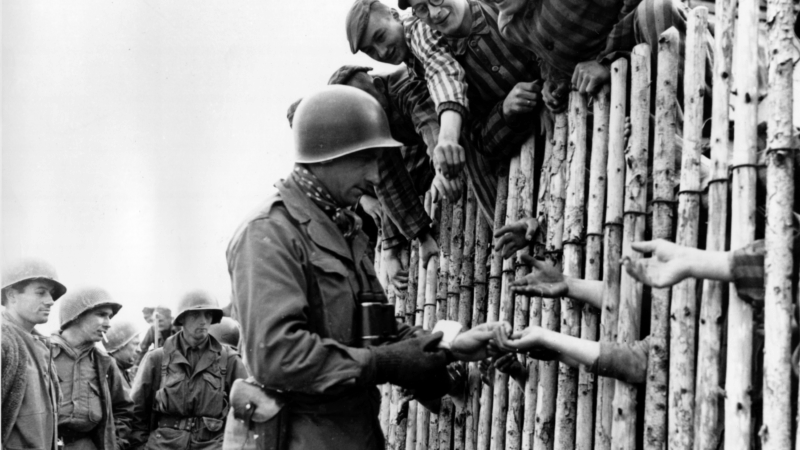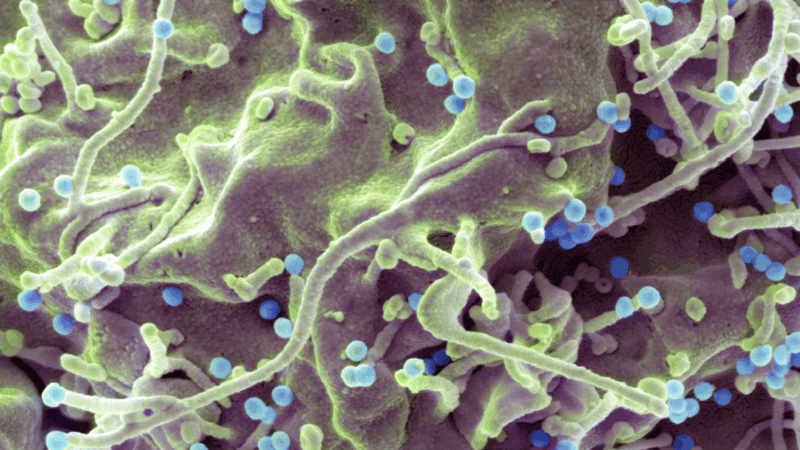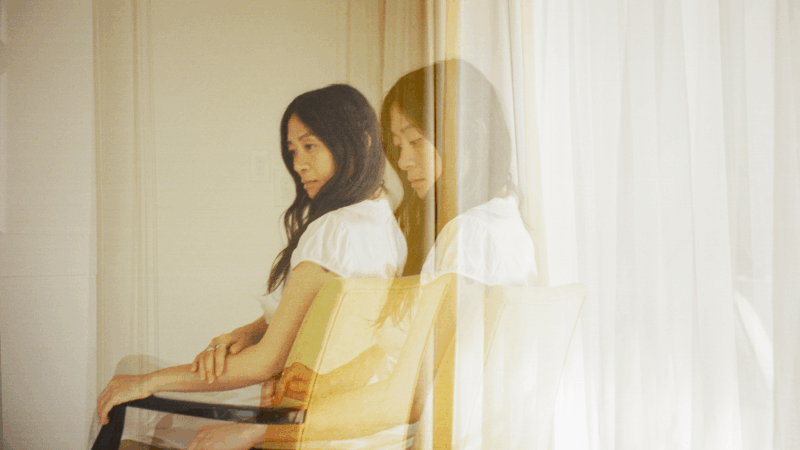Dachau’s memorial marks 80 years since the liberation of the Nazi concentration camp
BERLIN — It is the 80th anniversary of the liberation of Nazi Germany’s Dachau concentration camp, and to commemorate, the Dachau memorial site north of Munich is dedicating a plaque in honor of the U.S. Army’s 45th Infantry Division that first encountered more than 30,000 prisoners alive at the camp on April 29, 1945.
The memorial site will host several days of official remembrance at the location of the former concentration camp, where at least 40,000 people were killed or died of hunger and illness between 1933 and 1945. That will include a commemoration for the victims and religious services for Jewish, Protestant, Catholic, Greek and Russian Orthodox communities on Sunday.

Established on the grounds of an old gunpowder and ammunition factory in March 1933, Dachau was the longest operating concentration camp in the Holocaust. It was one of thousands of camps and other sites the Nazis used in the mass murder of more than 6 million Jews.
Don Greenbaum, a U.S. soldier interviewed by Germany’s Der Spiegel magazine in 2020, said he could not be prepared for the camp when a French minister showed him around.

“He showed me the machine-gun positions of the SS soldiers, the gas chamber and the crematorium. There were suitcases all around, and you could see piles of clothes,” Greenbaum said.
“The war was over a week later. But I will never forget Dachau,” he said. “I still remember that horrible odor.”
After World War II, the Dachau camp was used by the Allied powers to hold former SS soldiers awaiting trial for war crimes. After 1948, it held ethnic Germans who had been expelled from Eastern Europe and were awaiting resettlement, and it was also used as a U.S. military base during the Allied occupation. It was finally closed in 1960.
This quiet epic is the top-grossing Japanese live action film of all time
The Oscar-nominated Kokuho tells a compelling story about friendship, the weight of history and the torturous road to becoming a star in Japan's Kabuki theater.
The Live Nation trial could reshape the music industry. Here’s what you need to know
On Tuesday opening statements will begin for the federal antitrust trial against Live Nation, one of the largest entertainment companies in the world.
A new one-a-day-pill holds promise for HIV’s ‘forgotten population’
It's designed to take the place of complicated, multiple drug regimens that many people with HIV need to follow. And it's also beneficial because the HIV virus is always evolving.
For filmmaker Chloé Zhao, creative life was never linear
Director Chloé Zhao used meditation, somatic exercises and dance to inspire the cast and crew of this Oscar-nominated story about William Shakespeare's family.
10 new books in March offer mental vacations
March is always a big one for books – this year is no different. We call out a handful of upcoming titles for readers to put on their radars — offering a good alternative to doomscrolling.
Sen. Chris Coons, D-Del., talks about the war with Iran and upcoming war powers vote
NPR's A Martínez asks Delaware Democrat Chris Coons, a member of the Senate Foreign Affairs Committee, about the war with Iran.







